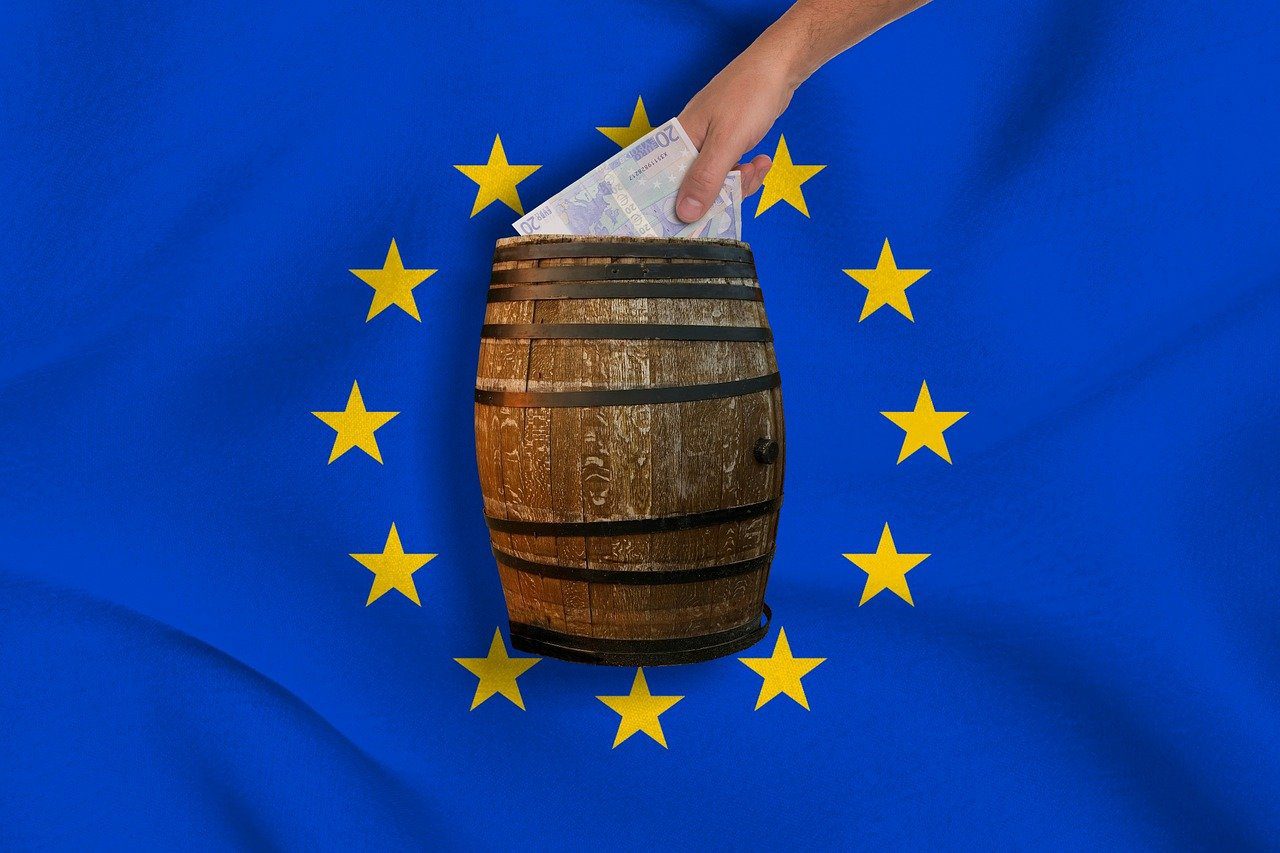
In an independent audit report, the European Court of Auditors finds that in 2014-2020, the EU fell seriously short of its goal for climate-change spending. While the EU committed to spending 20% of its budget on “climate action,” the audit report finds that only 13% of total spending qualified as such.
The report finds that most of the shortfall in “climate action” spending is related to agriculture. This sector was the target of half of the planned “climate action” outlays for the 2014-2020 period. Among the initiatives under this label is the so-called ‘greening’ of agriculture, which, says the report, “refers to the adoption of agricultural practices benefiting climate and environment.”
According to the auditors, the specific efforts to ‘green’ agriculture have had negligible “climate action” effects.
Rural development is another major area of spending under the climate-action banner. The impact of this type of spending is “unclear,” according to the audit report. The report concludes that the climate effect is unclear from a total of €30.5 billion, spent for “climate action” purposes under the European Agricultural Fund for Rural Development.
The report also criticizes the European Commission for tracking its “climate action” spending based on a methodology that is not suited for this purpose. Explains the report (paragraphs 05 and 36):
The Commission bases its methodology for quantifying climate spending on assigning coefficients to EU programme components such as intervention fields or products, following their expected contribution to climate action. This methodology is an adapted version of the Organisation for Economic Co-operation and Development (OECD) Rio markers … The markers are qualitative in nature, as the OECD DAC did not intend to produce exact figures, but to provide an indication of the level of climate financing.
The audit report specifically points out that this methodology does not allow for “an exact quantification” of the spending it is supposed to track.
At least €72 billion in spending that the Commission reported as “climate action” outlays did not qualify for that category, according to the audit report.
